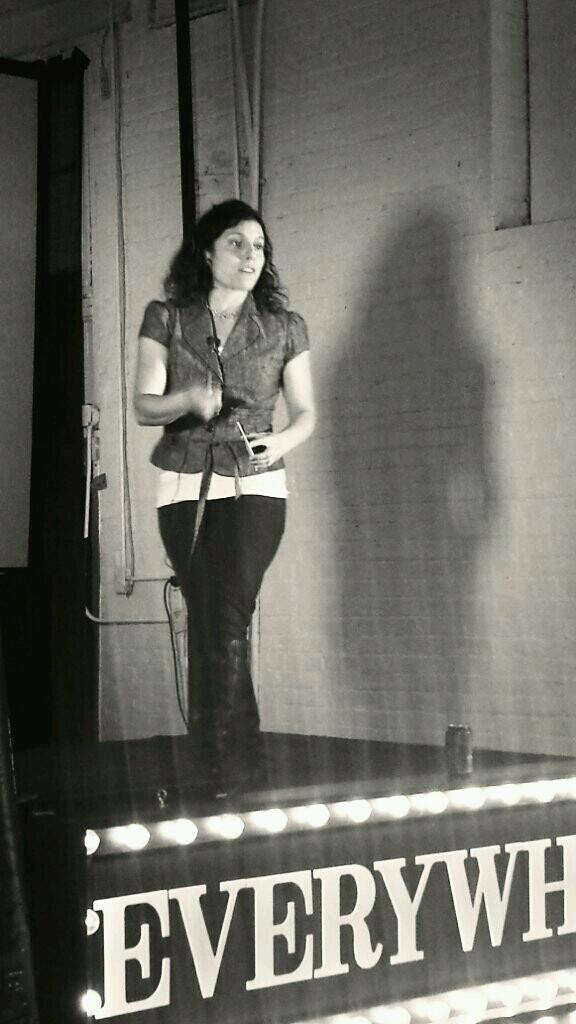
Nicole Glaros speaking at EE Tennessee.
Nicole Glaros gave 12 pieces of advice on Thursday afternoon at EE Tennessee in her talk titled “How To Be A Better Entrepreneur Everywhere Else.”
Glaros, managing director of TechStars in Boulder, CO, spoke about how to run a tighter ship when it comes to managing yourself and your team.
It all boils down to how to be a better entrepreneur:
1. Be A Good Storyteller
Storytelling is the best sales strategy you can have in your arsenal. If you can’t sell your product, your service, the brand of your company, then you can’t win it.
Branding is storytelling. What’s the story of your business? How are you going to convey that without overselling your company?
If you can’t sell it, you can’t win it. Communicate the vibe of your business in a short, concise, powerful way. -Glaros
2. Be Intellectually Honest
You won’t get far if you’re lying to yourself or your team.
Be realistic about your skill sets. What can you do well? What do you need help with?
Be honest about why you’re starting your company. Is this a casual endeavor or do you want to push your venture as far as you can?
Surround yourself with a team that will keep you honest and motivated.
3. Create a Support Network
Along the same line of being intellectually honest, you need a team who will hold you accountable and rally around you when you need an extra hand.
Support yourself with a coach or by joining a peer group. If one doesn’t exist, start one. Surround yourself with people who can help you find solutions to your problems, help you create a better strategy, and keep you intellectually honest as you build your company.
You can’t build a startup alone. -Glaros
4. Listen
Learn how to ask the right questions, listen between the lines, and gauge the needs of your customers. Good listening is key to identifying your opportunities, and your opportunities will allow you to become a storyteller.
5. Making Communication a Priority
65% of startups fail due to communication issues. Sixty-five percent.
Communication issues tend to stem from entrepreneurs asking the tough stuff right up front. Who gets what? How much am I getting? What happens when I’m not meeting goals? When you’re not meeting goals?
Communicate, keep each other intellectually honest, and learn how to have a non-emotionally charged conversation to get you and your team over the speed bumps you’ll encounter.
Imagine being able to increase your business’s chances of success by sixty-five percent just by being a better communicator. -Glaros
6. Be Productive, NOT Busy
There’s a difference between working and getting stuff done and working for the sake of saying that you’re busy. The glorification of the concept of busy is overworked.
What’s the point of working a 15 hour day if you can’t quantify or even identify what you accomplished that day?
Glaros had three key pieces of advice for accomplishing tasks instead of just “doing stuff.”
- Block off your time. Schedule yourself. Set aside a specific time block for email, for meetings, for working with your team.
- Assign priorities 1, 2, and 3. Hold yourself accountable to complete your tasks. If you can’t complete P1, then stop everything else until it is complete.
- Gut-check yourself. Where are you spending all of your time? Are you coffee dates eating in to your ability to complete your tasks? Are you spending too much time on email? Are you cutting out of work early?
7. Embrace Failure
Failure is not the end of the world. Encourage risks, failure, and encourage your team to get back on their feet from those failures. Use your failures as fuel for the courage to try again.
The only way you can be a great startup, the only way you can achieve greatness in this world, is by risking things. The only way you’re going to risk things is by taking on failure. –Glaros
8. Be The Best In the World (but have a plan on how to get there)
You have to aim your company somewhere in order to reach for a goal. The higher you aim, the more risks you’ll take.
Aim high and then create a plan on how to get there. Where do you want to be in a month? A year? Five years? How are you going to get there? Who is going to be on your team to help get the company there?
9. Love Metrics
Metrics can help guide your business. How many users do you have? What’s your conversion rate? What are the key drivers of your business?
How can you evaluate how your company is doing if you can’t track that data? The answer is that you can’t.
Put three metrics in place and work with your team to track, change, and evaluate them.
10. Establish a Rhythm
Block out your time, keep to a schedule, and maintain your momentum.
Do things consistently with your company—your meetings, your content, your reports, your communication.
Those that do [have a rhythm] outperform those that don’t. -Glaros
11. Hire A-Players
You’re A-team isn’t necessarily going to be comprised of people with the most experience or expertise. They might have a lot of knowledge, but will they have that raw talent or enthusiastic work drive?
Hire someone who has a lot of raw talent, passion, and willingness to work hard for your company.
12. Give First
Give without the expectation of return.
When you do, you’ll gain people’s trust. These people will become your community, your supporters, your loyal brand users.
When you give without the expectation of compensation or reward, you’ll surprise people. They’ll want to help you and see you succeed. -Glaros
You can follow Nicole on her Twitter @NGlaros
Laura Whitener is the Managing Editor for Firmology.com, a technology news and resource site for small businesses and entrepreneurs. Follow them on Twitter!


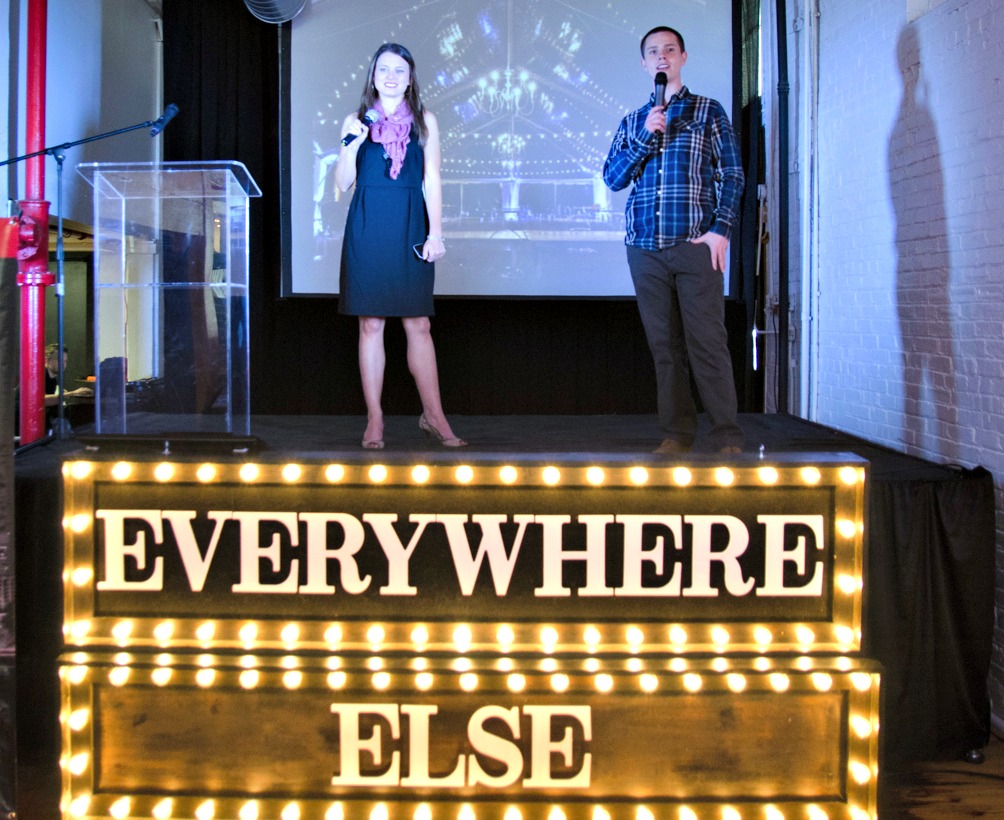
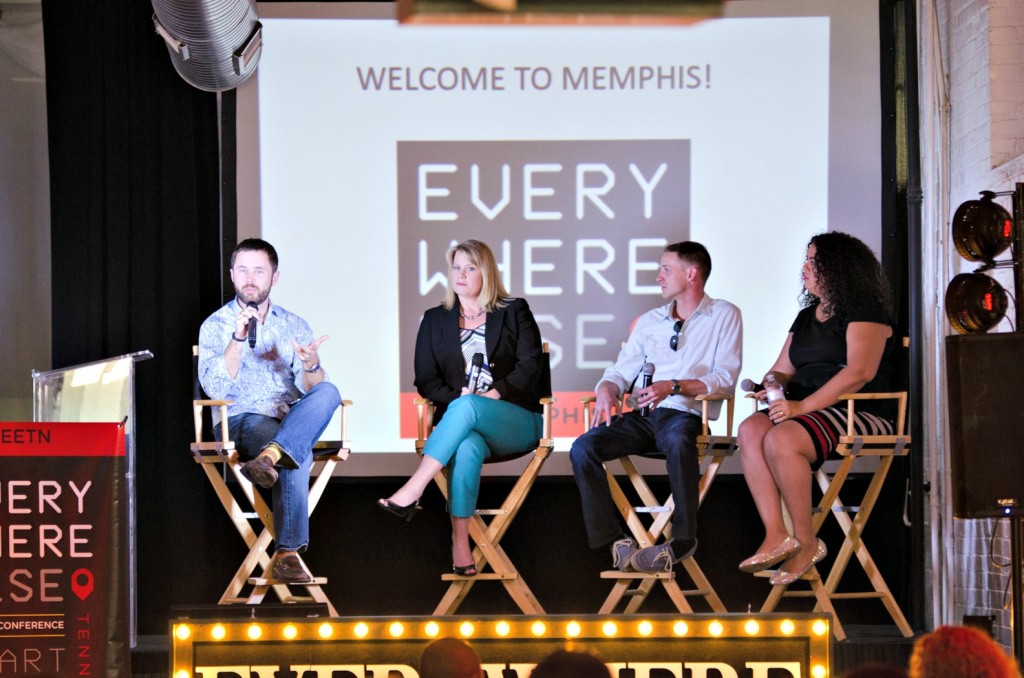
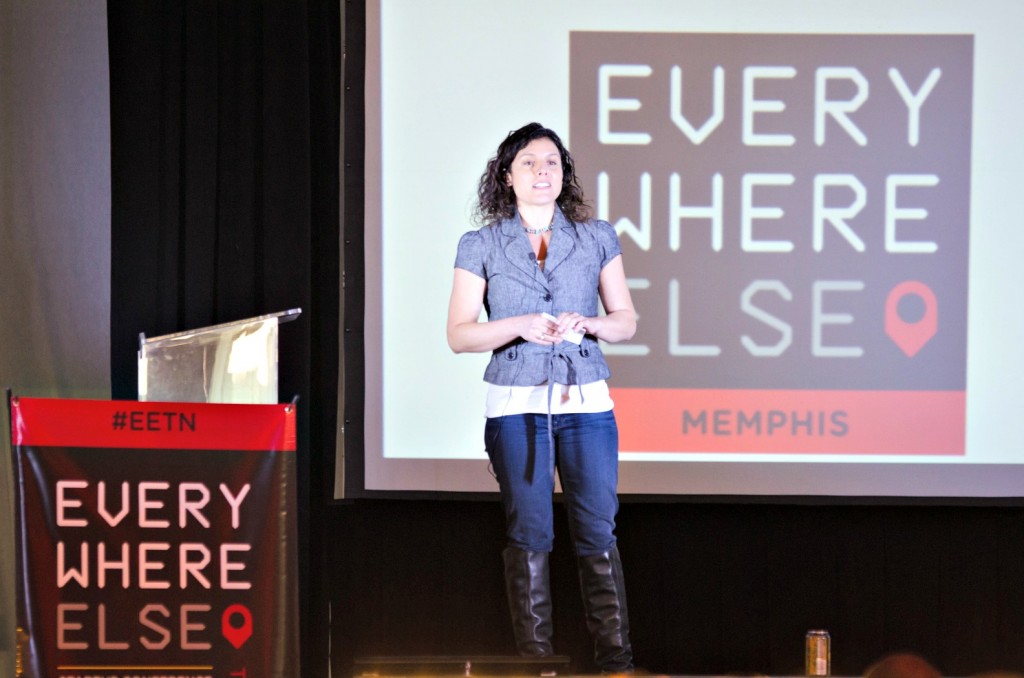

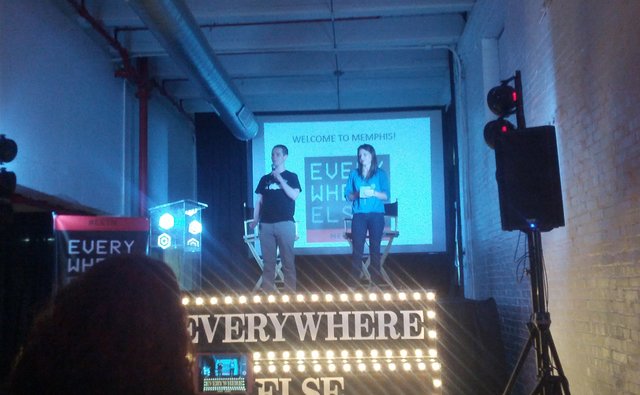
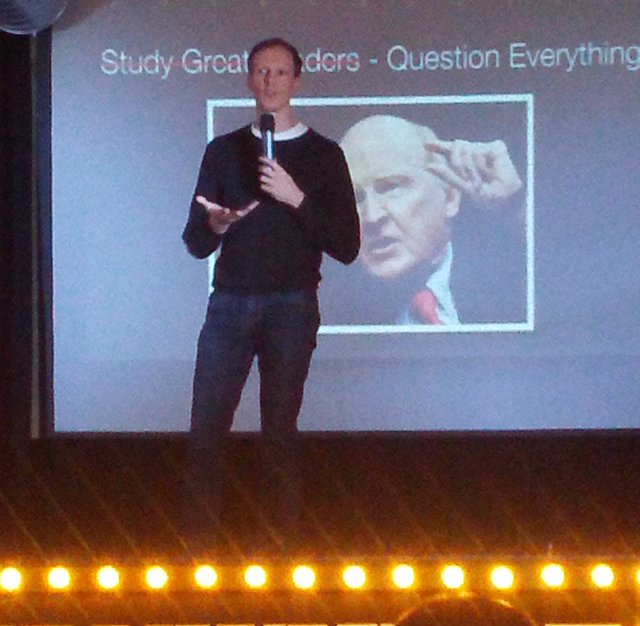
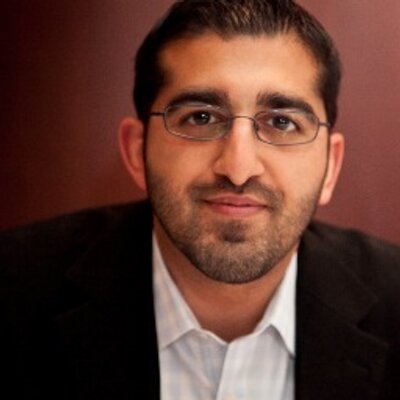
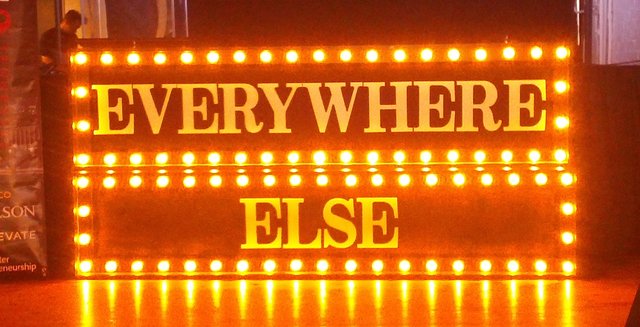

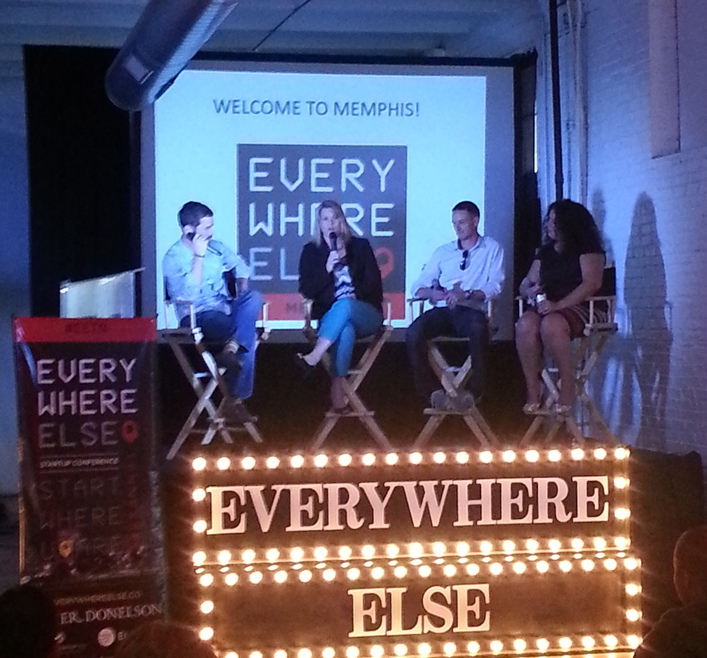
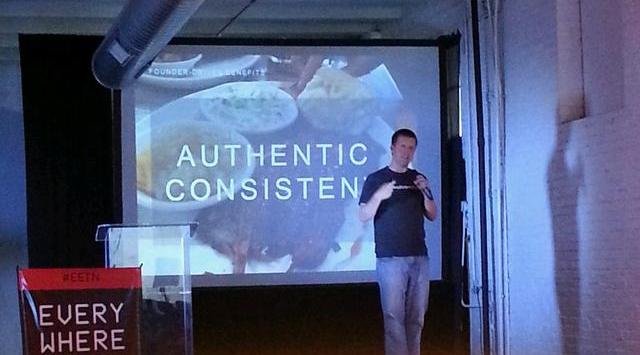
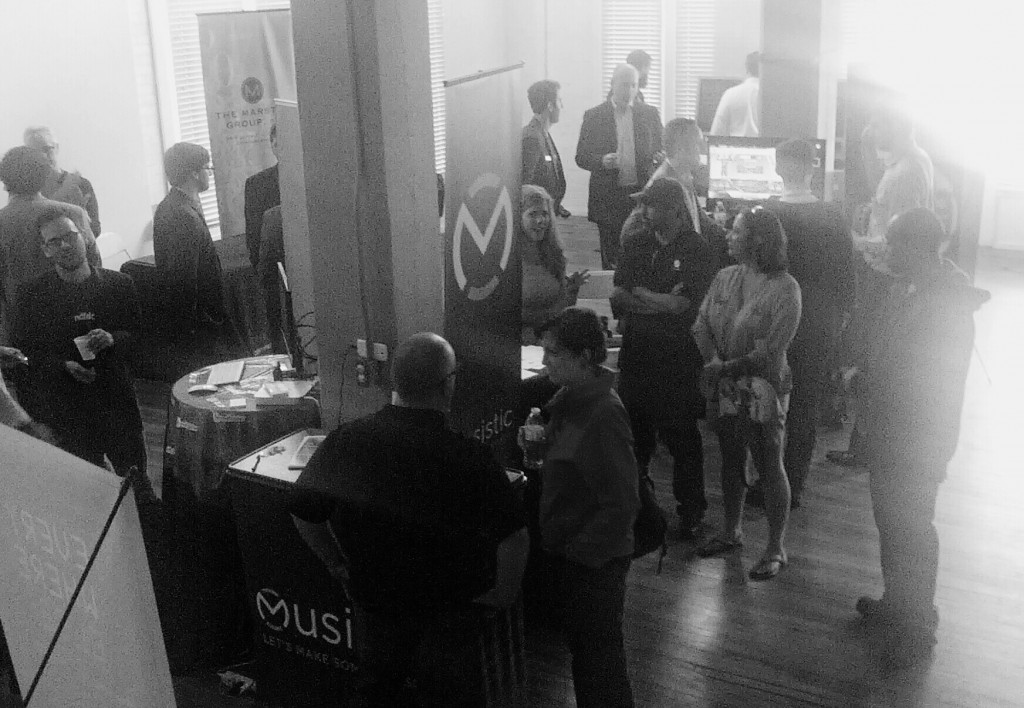
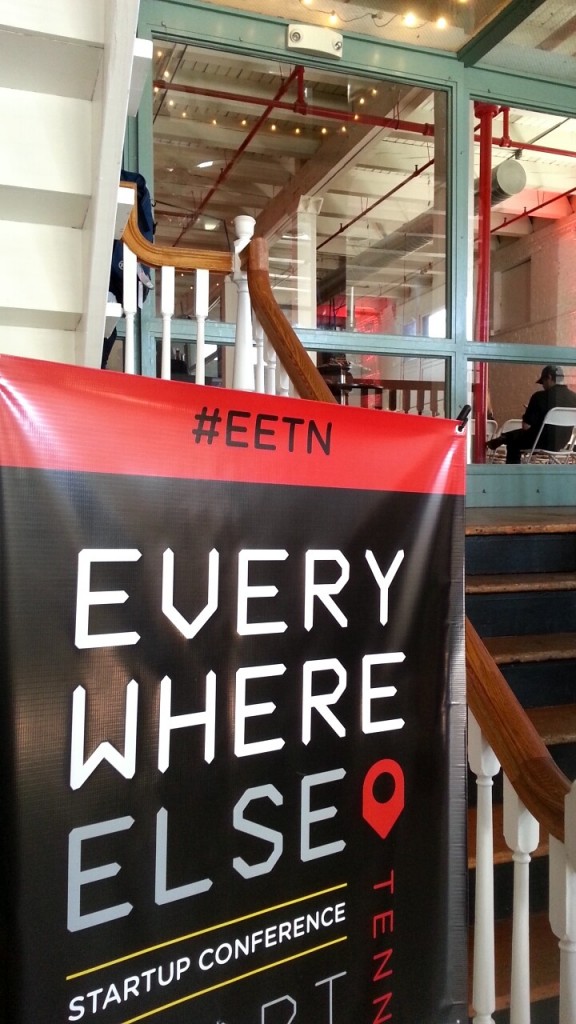


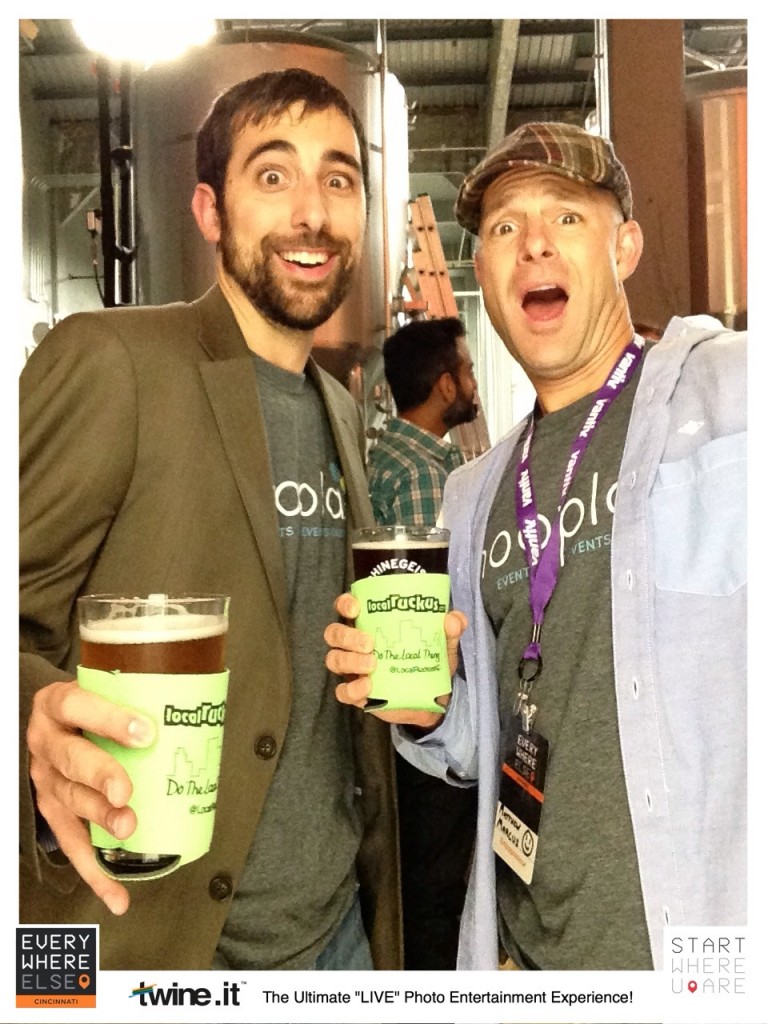
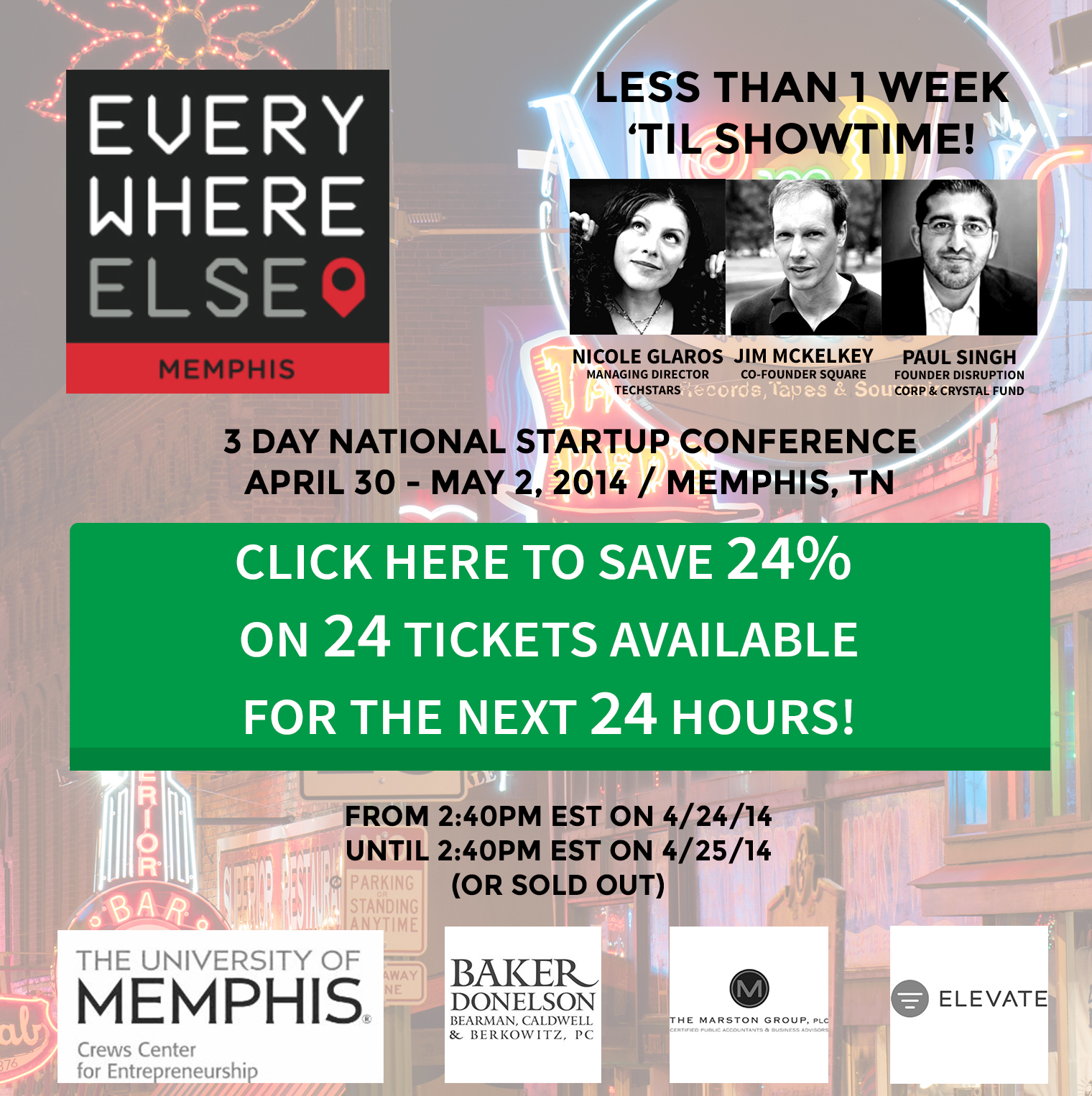
 Danny Boice is the Co-Founder & President of
Danny Boice is the Co-Founder & President of  Steve has more than 25 years’ experience as an executive, inventor, investor, software developer, and technologist in the computer industry. On top of being the author of several award-winning programs, he is also the managing partner of the startup fund RadWeb Technology Partners, investor member of New World Angels, board member of the Miami Innovation Fund, and sits on the board of the Silicon Valley-based non-profit International Data Portability organization. He is also a member of the OpenAjax Alliance and the OpenWeb Foundation and frequently speaks on topics related to startups, crowd-funding, financing, advanced technology, Web 2.0, open source, data portability, and the real-time web. He also rode, and made the first investment in, the very first
Steve has more than 25 years’ experience as an executive, inventor, investor, software developer, and technologist in the computer industry. On top of being the author of several award-winning programs, he is also the managing partner of the startup fund RadWeb Technology Partners, investor member of New World Angels, board member of the Miami Innovation Fund, and sits on the board of the Silicon Valley-based non-profit International Data Portability organization. He is also a member of the OpenAjax Alliance and the OpenWeb Foundation and frequently speaks on topics related to startups, crowd-funding, financing, advanced technology, Web 2.0, open source, data portability, and the real-time web. He also rode, and made the first investment in, the very first